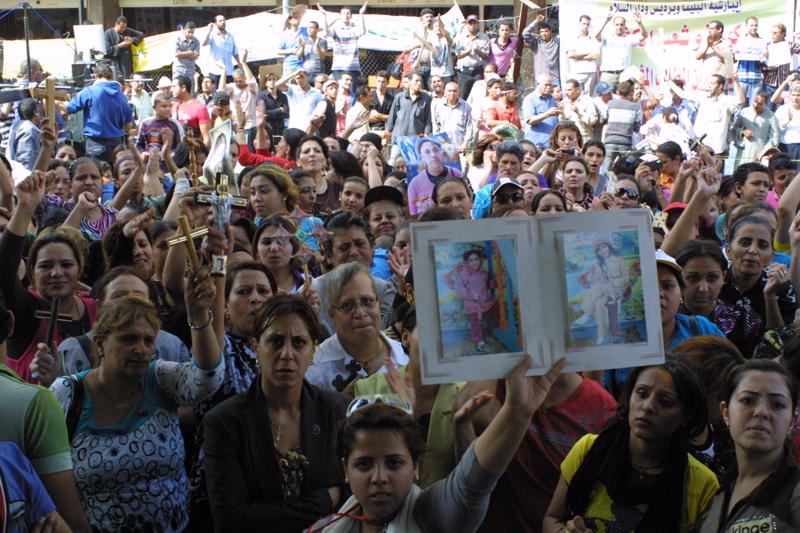For many young activists Egypt's revolution isn't over. On May 27, I covered a large rally called by many of the organizations that led the revolt in Tahrir Square back in January and February.
They demanded that a civilian-dominated council take over from the current all-military government. They wanted an end to military trials for civilians and stronger protection for Coptic Christians being violently attacked by Muslim extremists. They were angry that former President Hosni Mubarak and his entourage weren't already facing trials for corruption and ordering the murder of protesters.
But the Muslim Brotherhood and other even more conservative Islamic groups didn't participate in the rally. Officially, Brotherhood leaders were affronted because they weren't consulted about rally plans. But many protesters believe that the Brotherhood's senior leadership doesn't want to offend the military.
Some Muslim Brotherhood youth defied their leaders and came anyway. Many of the demonstrators were middle class, but workers and urban poor also attended. Somewhere around 10,000 people were in the square when I was there. Later, the crowd grew to 100,000. That's far fewer than the 1 million that some organizers were predicting, but still a respectable showing.
Student activist Shaima Helmy told me, "Some people are starting to hate the uprising. The prices are getting high, and they think it's the revolution. We're trying to explain 'it's for you, not just for us.'"
Pro-military government rallies were called in other parts of Cairo and a few hundred supporters showed up.
So while Tahrir Square wasn't filled with huge numbers, protesters argued that support for the military is declining. They saw today's demonstration as one more battle in what promises to be a long struggle for power.







